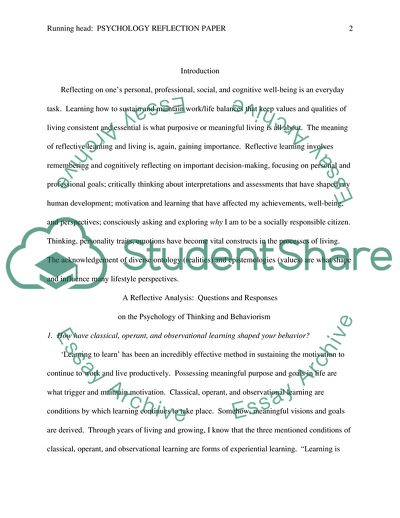Cite this document
(Reflection paper Assignment Example | Topics and Well Written Essays - 1500 words, n.d.)
Reflection paper Assignment Example | Topics and Well Written Essays - 1500 words. Retrieved from https://studentshare.org/psychology/1785612-reflection-paper
Reflection paper Assignment Example | Topics and Well Written Essays - 1500 words. Retrieved from https://studentshare.org/psychology/1785612-reflection-paper
(Reflection Paper Assignment Example | Topics and Well Written Essays - 1500 Words)
Reflection Paper Assignment Example | Topics and Well Written Essays - 1500 Words. https://studentshare.org/psychology/1785612-reflection-paper.
Reflection Paper Assignment Example | Topics and Well Written Essays - 1500 Words. https://studentshare.org/psychology/1785612-reflection-paper.
“Reflection Paper Assignment Example | Topics and Well Written Essays - 1500 Words”. https://studentshare.org/psychology/1785612-reflection-paper.


